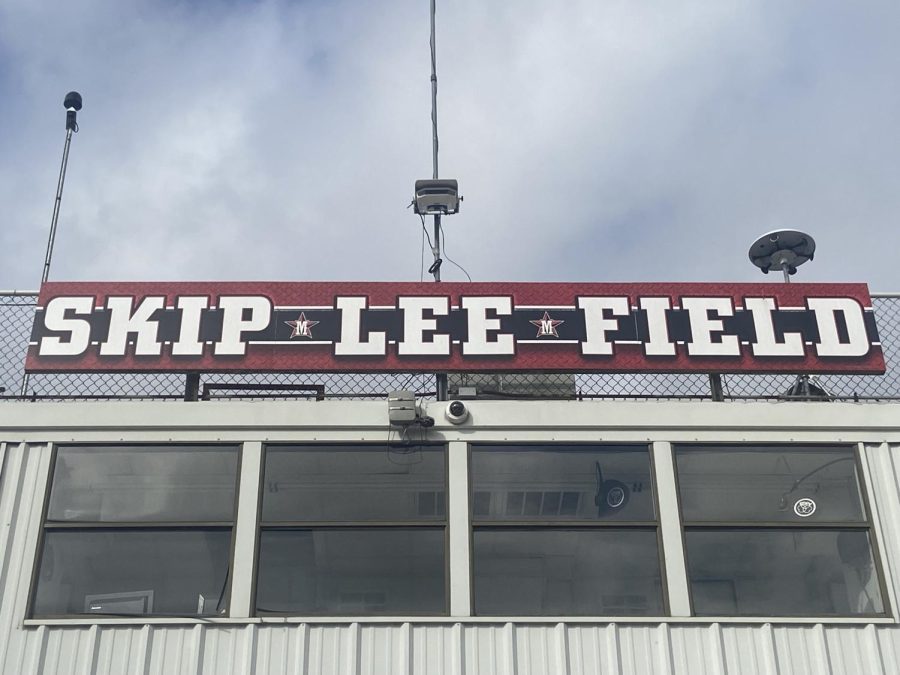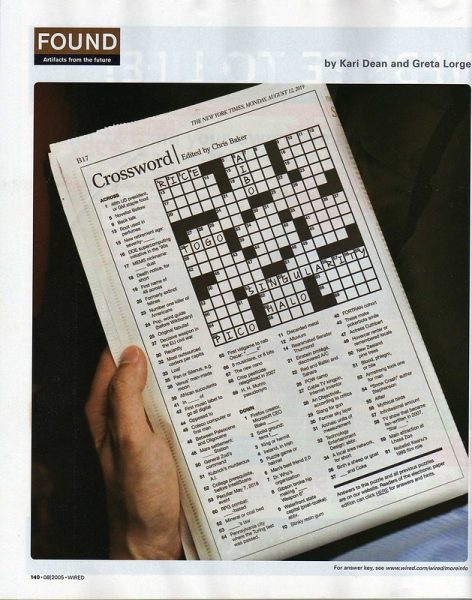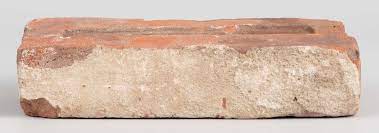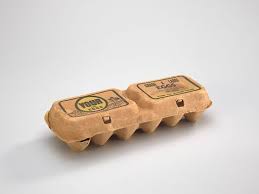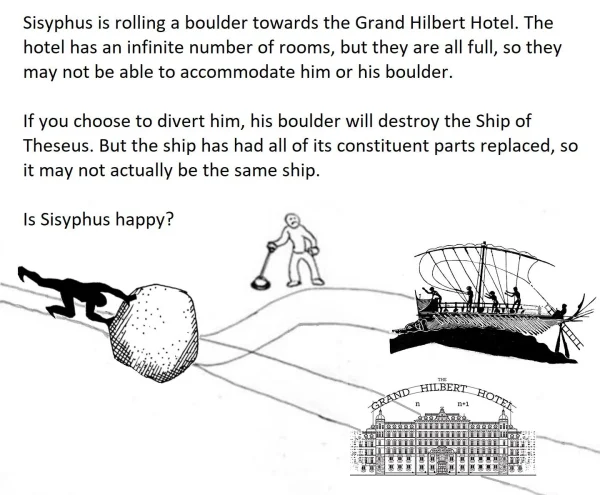The life and legacy of Lamar “Skip” Lee
After 36 years at School, Lee created a strong football program and embodied the school’s principles of the honor code, influencing the values Mavs follow today.
February 21, 2023
Emblazoned on the metal banner that overlooks the Mavs’ home turf is the title Skip Lee Field, a lasting tribute to the legendary coach who dedicated 36 years of his life to leading the Mavs football program.
While his name appears on the most esteemed athletic awards and is often situated in the background of Instagram posts of cheering Mavs, Lee’s legacy is now a fading memory among current students who stand on his field.
Lamar “Skip” Lee was born in International Falls, Minnesota, in 1932. He moved to Houston for college to play offensive guard at Rice University, one of the top football teams at that time.
After graduating, Lee was hired as an assistant football coach at Kinkaid. Four years later, he came to St John’s. Though Lee started his career as a football coach, he worked in several other positions at the School, including head basketball coach, PE teacher, athletic director, science classroom teacher and the Dean of Students.
As head football coach and Dean of Students, Lee was kept busy around campus. He would routinely come to the School in khakis and a tweed jacket and would quickly switch into polyester coaching shorts for practice, carrying a pipe in his back pocket. With a daunting look in his eyes, many thought Lee intimidating.
“You never wanted to act out on him. He had a look in his eye that would stop you in your tracks,” Stobie Whitmore (‘68) said.
As a coach, Lee made sure his athletes were punctual and worked hard during practices, punished with extra laps if they were late. Though he pushed his players, Lee was known for creating an atmosphere where people wanted to impress him.
“He set your standards high and you wanted to do well for him. And though he had those expectations, he helped you get there too,” Whitmore said.
Richie Mercado (‘79), who played defensive back and wide receiver for the Mavs, recalls Lee’s renowned play, where his football players would split and a wide receiver ran past the other team, faked the ball and threw it on.
“His quarterbacks did such a good job faking the dive on the option that they’d whistle the ball dead when the quarterback had it 25 yards down the field,” Mercado said.
Along with hundreds of students, Lee had four daughters of his own: Karen, Allison, Susan and Robin. He made sure to teach his daughters “the St. John’s way” and would spend individual time with them.
Originally, Lee felt upset because he did not have any sons of his own, yet he soon realized that he already had a whole football team of boys to raise.
“I remember my son sitting on his lap after a football game when he was months old. He just loved kids, and I think he always wanted to have this lasting memory of him holding my son there,” Mercado said.
Lee strived to motivate his players. One day, when then-senior Whitmore was taken out of a game, Whitmore felt irritated. But then, Lee sat him down afterwards and explained that he still saw Whitmore’s potential.
Lee’s impact on Whitmore motivated Whitmore’s decision to come back to the School as a coach, aspiring to continue Lee’s legacy.
“Lee knew I loved and respected the ethics and the standards of St. John’s,” Whitmore said. “He wanted me to grasp what he had, and that’s the reason I’m still here today.”
When Whitmore came back, he got the opportunity to work as Lee’s colleague for several years, seeing a completely different side of the coach.
“He seemed less opposing and more humorous. He even told us some stories from an adult dean perspective rather than student dean perspective,” Whitmore said. “He wasn’t the dean anymore, he was my friend.”
Yet, Lee’s intimidating qualities never faded.
“When I came back, I couldn’t call him Skip. I still called him Coach Lee,” Whitmore said. “Not everybody commands that respect.”
After years of coaching and serving as the Dean of Students, Lee was diagnosed with spine cancer and had to scale back his efforts at the School. During his last years, he made sure to spend more time with his family and stepped down from his position as Dean of Students to go back to his “roots,” teaching PE and varsity football.
In the annual Kinkaid game during one of Lee’s last years at the School, players wanted to make him proud. After a game of motivated players and smart plays, St John’s won 27-21, ending their 13-year losing streak.
“I just remember how happy he was because everybody did it for him,” Mercado said.
The year Lee retired, a fundraising event was held for him. At first, the fundraiser was solely dedicated towards building a small plaque for Lee. He wanted the plaque to say “save me a seat on the 50 yard line” as a commemoration of his career as a football coach. However, after alums heard of his cancer diagnosis, enough money was raised for the School to build the grandstand and metal sign that dedicates the field to the coach.
“It’s called Skip Lee Field because so many people had a positive experience with him,” said Dwight Raulston (‘71), Director of Curriculum.
After 36 years at the School, Lee created a strong football program and embodied the School’s principles, influencing the values Mavs follow today.
“He was one of our leaders, and the values that he established here mean a lot more than anything else,” Whitmore said.



